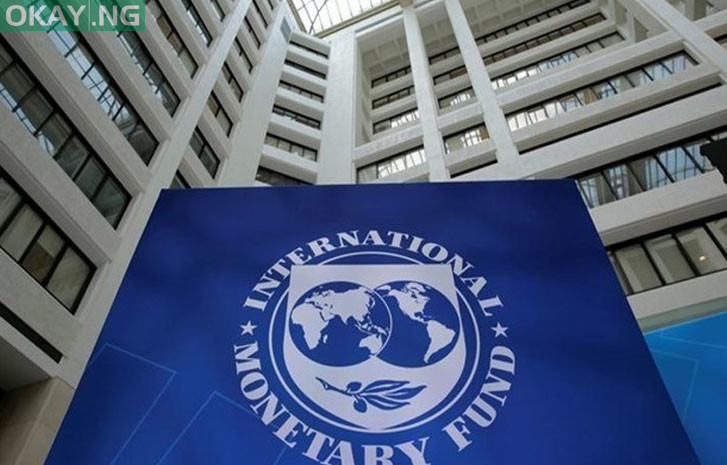Significant economic reforms undertaken by Nigeria since 2023 have notably enhanced the nation’s capacity to withstand external economic shocks, according to the International Monetary Fund (IMF). This assessment was the central finding of the IMF’s 2025 Article IV Consultation report, released on Friday following an in-depth mission to Nigeria.
The IMF team, led by Axel Schimmelpfennig, the Fund’s mission chief for Nigeria, engaged in extensive discussions with key Nigerian stakeholders in Lagos and Abuja from April 2nd to 15th. These crucial meetings involved top government officials such as Wale Edun, the minister of finance and coordinating minister of the economy; Abubakar Kyari, the minister of agriculture and food security; and Yemi Cardoso, the governor of the Central Bank of Nigeria (CBN).
Beyond these high-level discussions, the IMF delegation also met with senior figures from various government agencies, representatives from the Ministry of the Environment, and influential voices from the private sector, academia, labour unions, and civil society organizations. This comprehensive engagement allowed for a nuanced understanding of the economic landscape and the impact of recent policy changes.
The Fund’s report underscored that the Nigerian government has implemented critical measures aimed at stabilizing the economy, bolstering its resilience, and laying the groundwork for sustainable growth. Key among these steps are the cessation of central bank financing for fiscal deficits, the politically sensitive elimination of expensive fuel subsidies, and strategic enhancements in the operational framework of the foreign exchange market.
“These reforms mark important progress in positioning Nigeria to better navigate the complexities of the global economy,” the IMF stated in its report.
However, the IMF also acknowledged that the positive impacts of these reforms have not yet translated into tangible improvements for the wider populace. Persistent challenges such as high poverty levels and widespread food insecurity remain significant concerns. This observation resonates with the daily experiences of many Nigerians who are still grappling with the immediate consequences of these significant policy shifts.
Read Also: Nigeria Unlikely to Seek IMF Loan, Finance Minister Assures
The IMF further cautioned that Nigeria’s economic outlook is still subject to considerable uncertainties, including increased global risk aversion and the volatility of oil prices, which continue to exert pressure on the nation’s economic performance. Despite these headwinds, the Fund emphasized that the reforms initiated over the past two years have placed Nigeria on a stronger footing to respond effectively to these external pressures.
Looking ahead, the IMF provided key recommendations for Nigeria’s macroeconomic policy direction. The advice centered on the need to reinforce economic buffers, further enhance resilience, and cultivate a more enabling environment for private sector-led growth.
The Nigerian authorities, according to the IMF, have provided assurances that the 2025 budget will be executed with a keen awareness of the implications of declining international oil prices. They indicated that adopting a neutral fiscal stance would complement the ongoing monetary policy efforts aimed at curbing inflation, a major concern for both the government and the populace.
A particularly crucial point highlighted by the IMF was the necessity of ensuring that the savings accrued from the removal of fuel subsidies are fully integrated into the national budget. These funds, the Fund advised, should be strategically allocated to protect essential investments that stimulate growth and to expand the reach of cash transfer programs, particularly the World Bank-supported initiative designed to alleviate the suffering of those facing food insecurity. This recommendation underscores the importance of a social safety net during periods of economic transition.
Furthermore, the IMF stressed the imperative of maintaining a tight monetary policy stance to decisively combat inflation, which continues to erode the purchasing power of ordinary Nigerians. The Fund commended the Monetary Policy Committee (MPC) for its data-driven approach, recognizing its effectiveness in navigating the current economic volatility. To further anchor inflation expectations and build greater public confidence in the policy direction, the IMF recommended that Nigerian authorities establish a clearly defined disinflation path as an interim target.
This report from the IMF offers a critical assessment of Nigeria’s recent economic trajectory, acknowledging the progress made while highlighting the ongoing challenges and the path forward. As Nigeria navigates a complex global economic landscape, the effectiveness and sustained implementation of these reforms will be crucial in translating improved resilience into tangible benefits for all its citizens.













